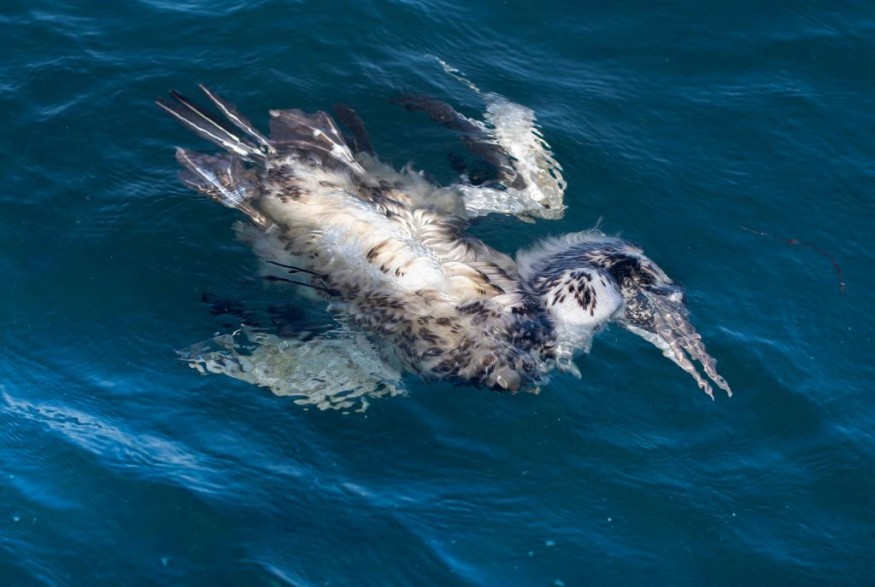
The government has declared that bird catchers in England, Scotland, and Wales should follow safety measure.
The measure was introduced by the Department of Environment, Food, and Rural Affairs in the midst of the country's largest-ever bird flu outbreak. It comes on the heels of regional interior housing measures implemented this past week in Norfolk, Suffolk, and parts of Essex.
Safety Measures
According to the government, the virus's threat to health remains very low. To prevent the disease from spreading among poultry and captive birds, the chief veterinary officers of England, Scotland, and Wales proclaimed an Avian Influenza Prevention Zone (AIPZ) throughout the United Kingdom.
The UK Health Security Agency (UKHSA) stated that the virus posed a very low risk to public health, and the Food Standards Agency stated that bird influenzas continued to pose a very low food safety risk to consumers. It stated that cooked thoroughly poultry and poultry meat, such as eggs, are safe to consume.
The government refrained from ordering all bird holders to bring their pets inside, a measure that is now in spot in the region of England.
It stated that catchers with much more over 500 birds would be required to restrict non-essential people's access to their sites. To reduce the risk of disease, workers would need to change their clothes and shoes before entering bird enclosures, and site automobiles would need to be kept clean and disinfected on a regular basis.
Avian influenza is naturally spread in wild birds. When these migrate, they can scatter it to chickens and other captive birds.
Bird catchers have encountered the world's biggest ever epidemic of avian flu this year, and winter brings an even greater danger to flocks as migrating birds come back to the United Kingdom, England, Scotland, and Wales' chief veterinary officers said in a joint declaration.
The best form of defense is meticulous biosecurity and hygiene measures.
The Wiltshire Wilderness Trust discovered 20 dead wild birds, the majority of which were Canada geese, now at Langford Lake reserve. They discovered two more today, this time swans. A Defra team removed two of the carcasses, which are now being tested for possible avian flu.
The Wiltshire Wildlife Trust's estates manager, Dave Turner, said he had suspended all catching fish and shoreline direct exposure at the sanctuary, as well as educational purposes such as pond-dipping. The trust urged people to stay on footpaths and avoid walking through bird feces.
Also read : Elephant Locked for 50 Years in Zoo's Concrete Pit Dies Less Than Six Months After Rescue
Bird Flu Spreads Across East of England
Following a decision made by Dr. Middlemiss on Saturday, the required housing metrics implement to all birds and held in captivity birds, irrespective of their type or size.
Following a series of outbreaks, the affected areas were designated as being an Avian Influenza Prevention Zone steadily for the past month.
The current Defra strategy, according to Alaistaire Brice, owner of Havensfield Eggs in Eye, Suffolk, is not working.
We have little to no authority over the migratory birds that come to your property - the disease is now way ahead of the game, he explained.
Related article : Noise Pollution-Related Stress Effects Persists in the Body for Longer
© 2025 NatureWorldNews.com All rights reserved. Do not reproduce without permission.





